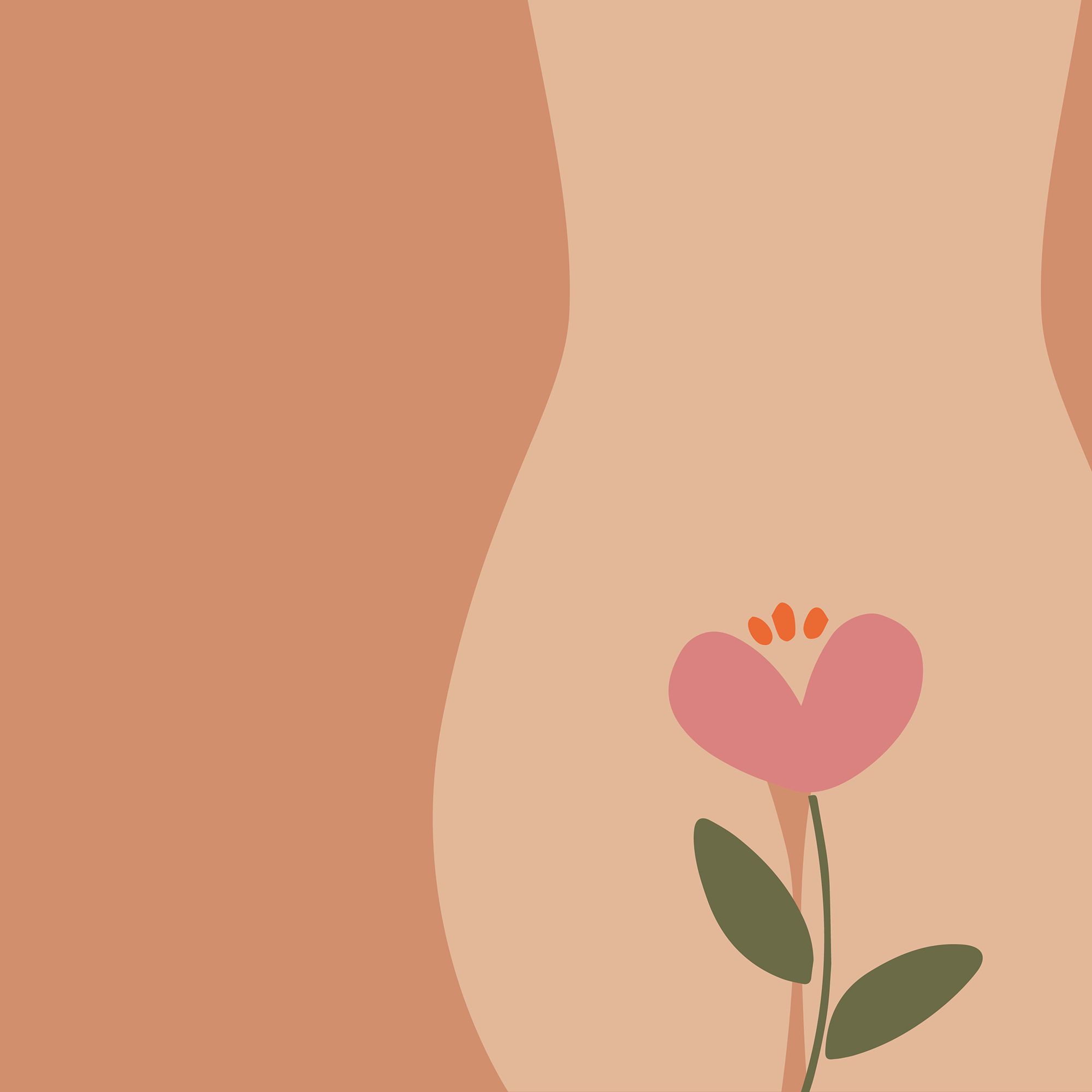Aug 04, 2022
HORMONES AND FERTILITY
Infertility is a complex topic, not least because every person’s fertility journey is unique. While many factors affect our ability to conceive, some of which are out of our control, certain lifestyle habits can increase or deter our chances of becoming pregnant. Stress levels, sleeping patterns and the food we consume can all upset the delicate balance of hormones that maintain fertility health. But, unless you’ve been diagnosed with a hormonal condition, you might not be aware just how inextricably linked hormones are to your fertility.
Naturopath and founder of Hormone Health Studio, Georgia Hartmann, offers an in-depth look at the effect hormonal imbalance has on fertility. She discusses the importance of comprehensive fertility testing, shares her own fertility journey and provides advice on conceiving naturally.
The connection between hormones and fertility
Hormones are linked to our health in so many ways, and fertility health is no exception. There is a complex network of 200 different hormones at play in the human body, each secreted by glands and organs and each with a particular role to play. The primary purpose of these hormones is communication, sending chemical messages to keep the body functioning properly. These messages can be anything from our hunger cues through to our sex drive, our ability to grow a human and to make sure that our pregnancy leads to a healthy baby.
When it comes to fertility, a person’s ability to successfully conceive will be significantly influenced by their hormonal balance – and certain hormones play a more vital role here. For instance, progesterone, which gets its name from ‘pro gestation’, is the hormone that supports the early stages of pregnancy. If progesterone levels become too low, there is a higher risk of an early miscarriage. Fertility health is also largely dependent on hormones such as our thyroid hormones (the thyroid is a butterfly gland that sits at the base of your throat) and estrogen. If those hormones are off-balance, it puts you at an increased risk of miscarriage, as well as pre-eclampsia, high blood pressure and high cholesterol during pregnancy and postpartum.
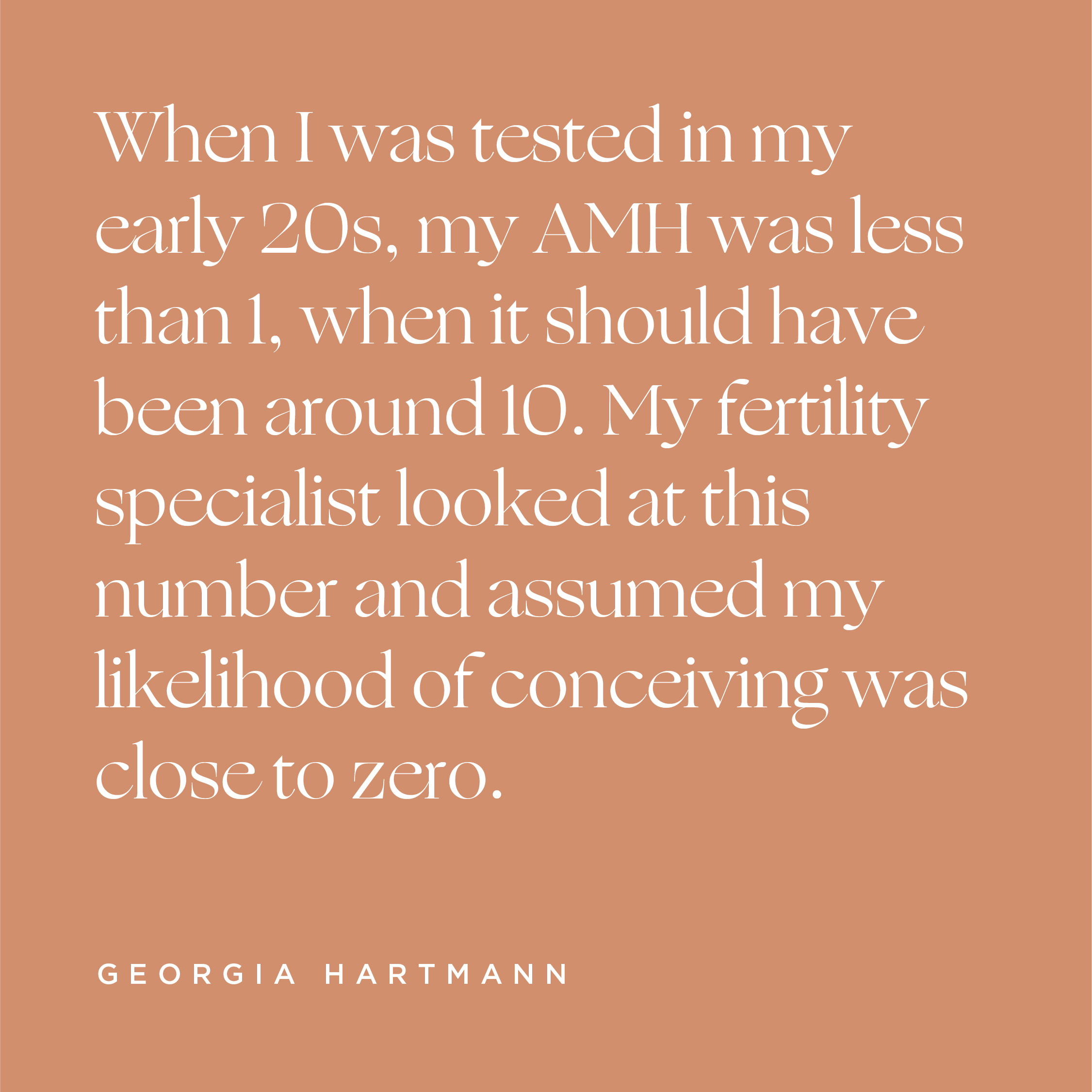
Understanding fertility testing
Whether you are struggling to conceive or even considering trying for a baby, fertility testing is undoubtedly an important starting point. As my own fertility journey reveals, however, hormone testing is not without its controversy.
My fertility journey began in my early twenties when I was diagnosed with premature ovarian failure, a hormonal condition also known as early menopause. I was told by my fertility specialist that I would not qualify for IVF because it was unlikely I would respond to IVF medication. At this point, I believed that the only way I could have a baby would be through an egg donor. Despite what my hormone testing indicated, I went on to conceive naturally twice.
The hormone I was tested for, the anti-Mullerian hormone or AMH, is indicative of ovarian function and fertility. This hormone is tested via a simple blood test, though the reference range — the values which are considered ‘normal’ in a healthy person – will depend on your age. When I was tested in my early 20s, my AMH was less than one, when it should have been around 10. My fertility specialist looked at this number and assumed my likelihood of conceiving was close to zero. The problem here is that, although this hormone is secreted by the ovaries, we do not know the extent to which it reveals either our fertility or our ovarian reserve.
Incomprehensive testing is something I see regularly at Hormone Health Studio. A person will get one fertility-related hormone tested, and will take this as confirmation that they are infertile. More effective testing needs to look at a hormone, like the AMH hormone, in combination with other hormones, for instance the follicle-stimulating hormone (FSH), luteinizing hormone and estradiol, as well as a pelvic ultrasound. This is what will give a person a clearer understanding of their ovarian reserve and how fertile they are.
On stress and fertility
From a hormonal standpoint, there’s a strong link between stress and fertility. In our bodies, a communication axis, called the HPO axis, allows the brain to communicate with our ovaries via hormones. Those hormones tell our ovaries to make oestrogen and progesterone and, when everything is in balance, the HPO axis works perfectly. Our cycle is regular, and our fertility is great. In times of stress, however, our hypothalamus (the part of the brain that controls hormone release) will shut off the reproductive system. The hypothalamus can’t identify the cause of stress, whether it’s work stress, relationship stress or the stress of undereating, so it reacts in the same way each time ¬—to shut off ovulation.
Overcoming a hormone imbalance
Restoring your hormone balance is possible, but it takes careful consideration to identify what might be causing the imbalance. My first piece of advice is always to take a step back and look at your lifestyle, particularly your stress levels. While a small amount of stress is a normal and necessary part of life, ask yourself if you’re overly stressed. When we start experiencing toxic stress every day — this is the type of stress that has us waking up with palpitations or losing our appetites — our hormones will be affected.
Consider your sleeping habits, too. Research indicates that if you’re getting less than eight hours of sleep per night, or if you're getting poor quality sleep, then your body is lacking the restorative sleep it needs to properly function. When this occurs, expect your hormones to be off-balance! Importantly, even one night of sleep restriction can increase your insulin resistance. Insulin is a hormone that, when high, can increase the risk of polycystic ovary syndrome, diabetes and obesity which inhibits ovulation and contributes to cardiovascular disease. Too often, we prioritise deadlines and tasks over our sleep. We need to shift that paradigm and prioritise good-quality sleep instead.
When it comes to hormone health, we also need to consider the food we put into our bodies. Research from Harvard University suggests that every 2% increase in the consumption of trans fats increases the risk of ovulatory infertility. Alcohol, too, can have an impact. One glass of alcohol increases oestrogen levels by 18%. High oestrogen levels contribute to heavy and painful periods, endometriosis or even PMS symptoms. By cutting out trans fats (think processed foods, cakes, biscuits, sweets and fried foods) as well as alcohol, we can better support our hormones. Start with these lifestyle changes before you go to see a professional or think about supplements or herbal medicines.
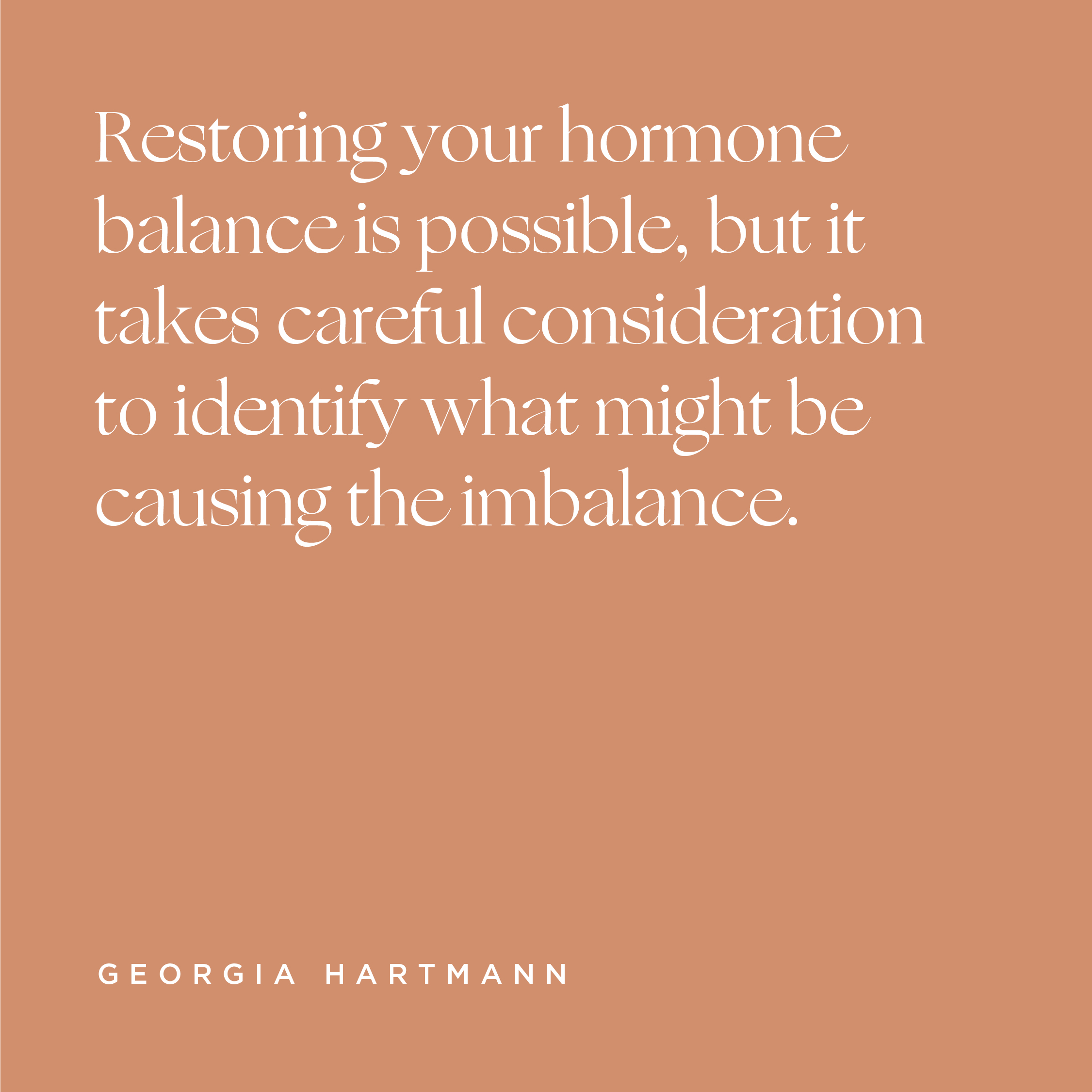
Conceiving naturally
There are a few things to think about if you’re trying to conceive. First, preconception care should start early! Preconception health doesn’t just mean staying healthy in order to fall pregnant or have a baby. It’s also about promoting optimal health for the next generation and, hopefully, improving their fertility too. There are amazing epigenetic changes that occur in utero during pregnancy, so preconception health means better outcomes for the health of future children.
Something else to try when trying to conceive is comprehensive blood testing. Check your thyroid, your vitamin B12, your vitamin D and your iron levels. Get a full blood count, check your liver function and check your cholesterol, too. This ensures that you enter pregnancy in the best possible health.
Remember that you’ve only got a six-day window to conceive in a cycle (you’re only fertile five days before ovulation and one day following ovulation). It’s important to track your fertility window so you can get the timing right. Something my naturopaths and I recommend is tracking your cycle by tracking your temperature and your cervical mucus. Once you see a pattern develop, you’ll know the optimal times to conceive.
Trying to conceive can be a stressful time, meaning it’s all the more important to maintain optimal hormone balance. Remember that there are ways to balance fertility hormones and fall pregnant, even if a fertility test tells you otherwise.
Blogs

Jun 08, 2022
EXPLORING PERIOD CARE IN CULTURES AROUND THE WORLD
Our TOM Talks panelist Sabina McKenna explores how different cultures around the world approach period care.
Read More
Jun 08, 2022
STOP APOLOGISING FOR HAVING YOUR PERIOD
Our TOM Talks panelist Mel Mason talks about the importance of not apologising for having your period.
Read More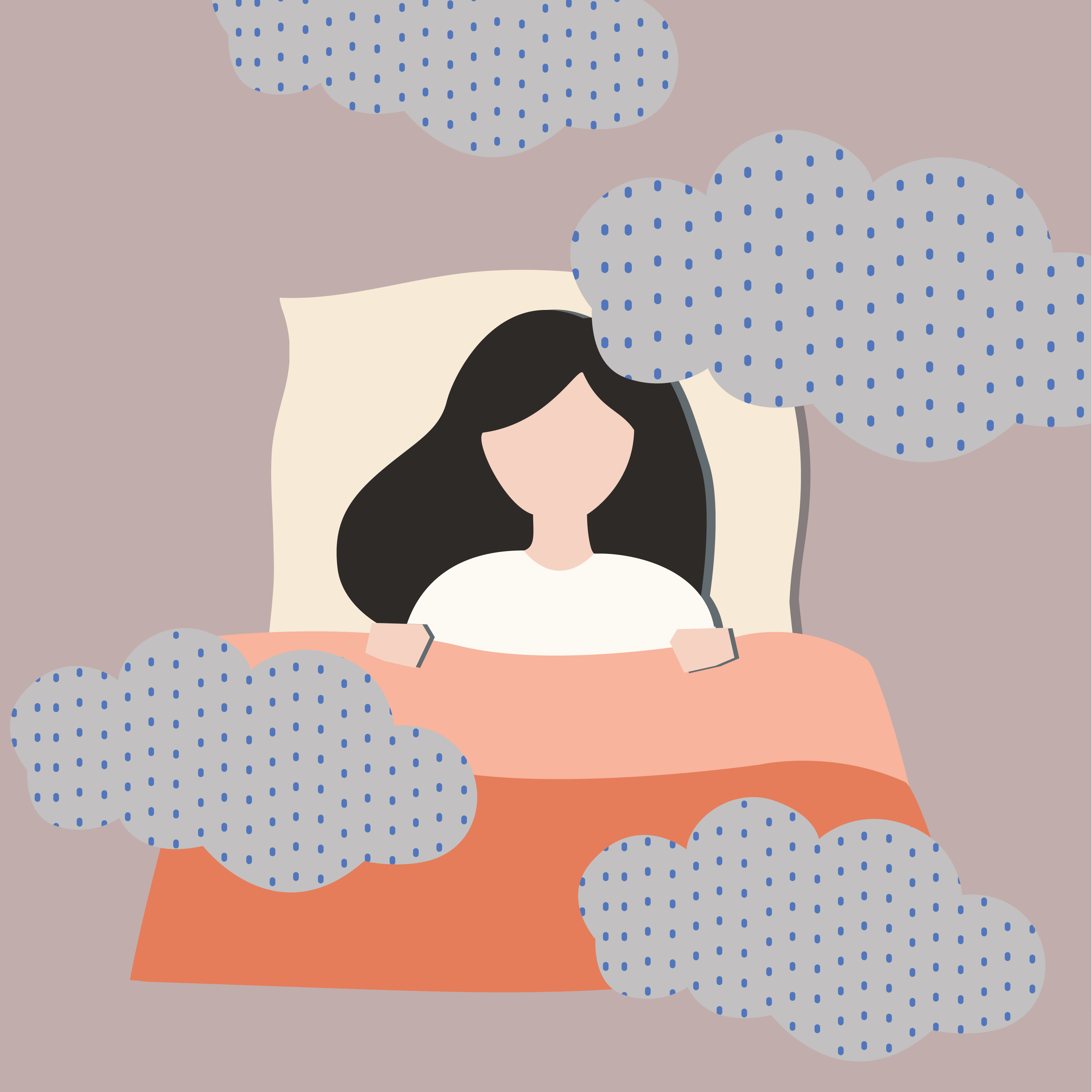
Jun 07, 2022
STRESSED? NOT SLEEPING? TRYING TO CONCEIVE?
TOM Talk's panelist Georgia Hartmann discussed the links between stress, sleep and fertility.
Read More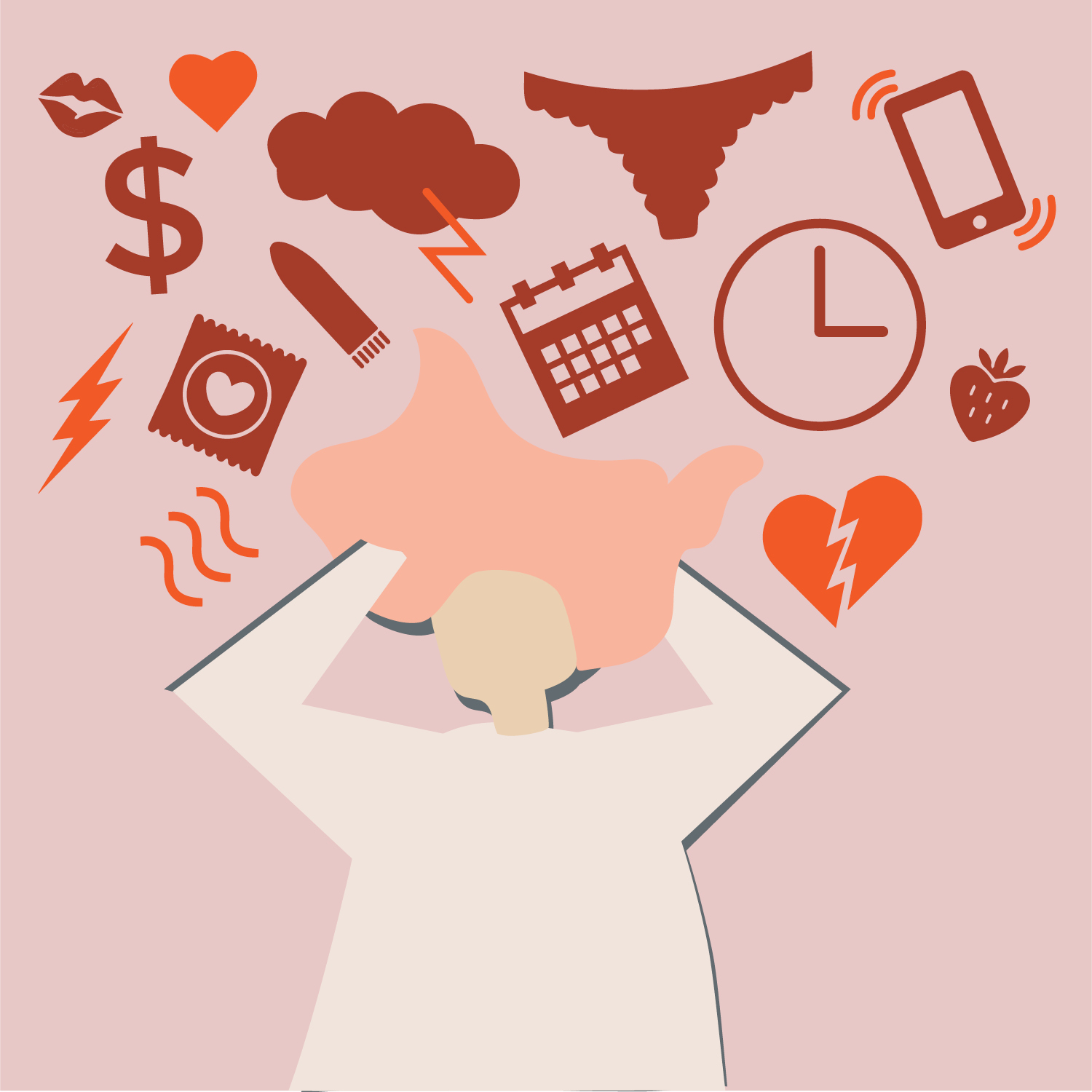
Jun 07, 2022
STRESS AND HOW IT AFFECTS YOUR SEX DRIVE
Certified sex coach Georgia Grace is here to unpack the link between stress and sex.
Read More
